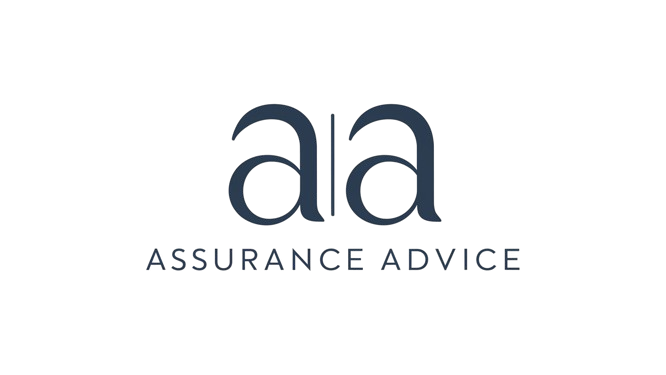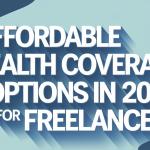5 Things You Should Keep in Mind Before Renewing Your Health Insurance in 2025
As we enter 2024, health insurance remains one of the cornerstones of financial planning. Renewing your policy might seem like an everyday task; however, it should serve as an opportunity to assess its coverage against your changing needs and make necessary adjustments. Here is our checklist of five things to remember before renewing this year:
1. Examine Your Current Policy
Before renewing your policy, carefully assess both its advantages and limitations. Ask yourself:
- Are the benefits provided sufficient? Do they cover all essential needs, or are there gaps such as treatments or services you might require that aren't included?
- Have you taken full advantage of all benefits available last year?
For instance, if your health has undergone significant changes since last year, you might require an insurance plan with enhanced benefits or coverage of specific treatments. Conversely, consider switching to more cost-effective plans if certain features no longer suit you.
2. Understand Policy Changes for 2025
Insurance providers frequently adjust their policies in response to changing regulations or market needs. Be on the lookout for updates such as:
- Premium Adjustments: Are premiums increasing? Ensure that the value you are getting outweighs any increase.
- Network Providers: Confirm that your desired doctors, hospitals, and specialists remain part of the insurer's network.
Being aware of these changes helps you avoid surprises and decide whether to stick with your current provider or explore alternatives.
3. Evaluate Your Healthcare Needs
Your healthcare needs may change significantly over the course of a year due to factors like aging, family changes, or chronic conditions. Consider these scenarios:
- Expanding Your Family: If you are expecting or planning to expand, ensure your policy covers maternity and pediatric care.
- Chronic Illness: If you or a family member has been diagnosed with a chronic condition, ensure the policy provides sufficient assistance for medications, therapies, and check-ups.
- Preventive Care: Look for policies that include comprehensive preventive healthcare services, such as vaccinations and screenings.
4. Compare Policies from Multiple Providers
Renewal time is an ideal opportunity to compare different insurers' policies. Key considerations include:
- Balancing premiums and benefits for an affordable yet comprehensive plan.
- Choosing an insurer with a high claim settlement ratio to ensure smooth claims processing.
- Reviewing customer feedback for insights on support quality.
- Exploring additional features like telemedicine, wellness rewards, or discounts on health check-ups.
Comparison can help you decide whether your current insurer offers the best deal or if it's time for a change.
5. Acknowledge Tax Benefits
Health insurance policies not only protect your health but also offer tax savings under Section 80D of the Income Tax Act. Here’s what you should know:
- Premium Deductions: Claim deductions up to $25,000 ($50,000 for senior citizens) for premiums paid for yourself, your spouse, and dependent children.
- Additional Benefits for Parents: An extra deduction of $25,000 (or $50,000 for senior citizens) is available for premiums paid for your parents.
- Preventive Health Check-ups: Expenses up to $5,000 may qualify for tax benefits.
Review your policy to ensure you're maximizing tax advantages while securing adequate coverage.
Bonus Checklist of Key Questions
Before renewing, ask yourself:
- How has my renewal premium changed from last year?
- Does the policy cover my anticipated healthcare needs for 2025?
- Are there modifications in the insurer's network of hospitals and doctors?
- Have recent policy offerings introduced features or benefits more suitable for my needs?
- Have I utilized all benefits and tax advantages available?
Renewing your health insurance is more than just paying the premium; it's an opportunity to enhance coverage and ensure the health of you and your family for 2025. By following this checklist, you can make informed decisions and guarantee your policy provides a reliable safety net.










